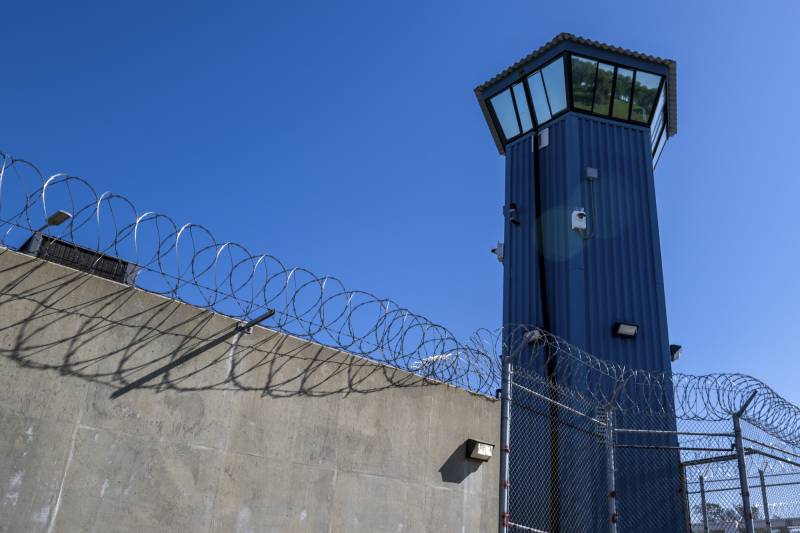California’s Senate voted Thursday to end forced labor in the state’s prisons and jails. The state constitutional amendment will go to voters for final approval in November. If passed, the change would mark another win for the state’s first-in-the-nation effort to provide state-level reparations to Black residents.
Assembly Constitutional Amendment 8 is one of the California Legislative Black Caucus’ 14 reparations bills moving through the Legislature this year. The bills draw on recommendations made by the state’s reparations task force last June.
“Slavery takes a modern form in involuntary servitude, including forced labor in prisons,” former task force member Sen. Steven Bradford (D-Gardena) said on the Senate floor. “Slavery is wrong in all forms, and California should be clear in denouncing that in our Constitution.”
The task force defined reparations not only as compensation for past discriminatory policies but also as efforts to end ongoing practices that disproportionately harm Black residents.
